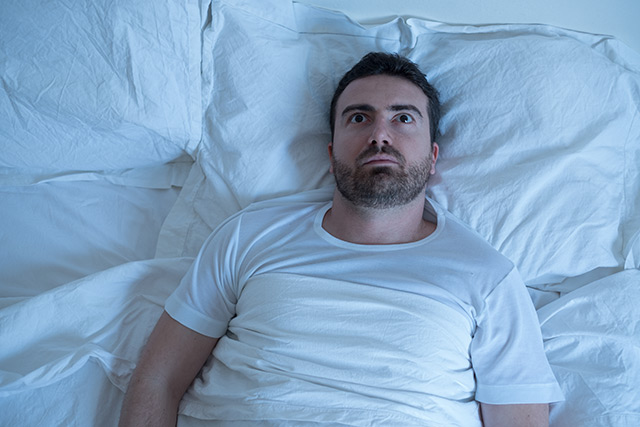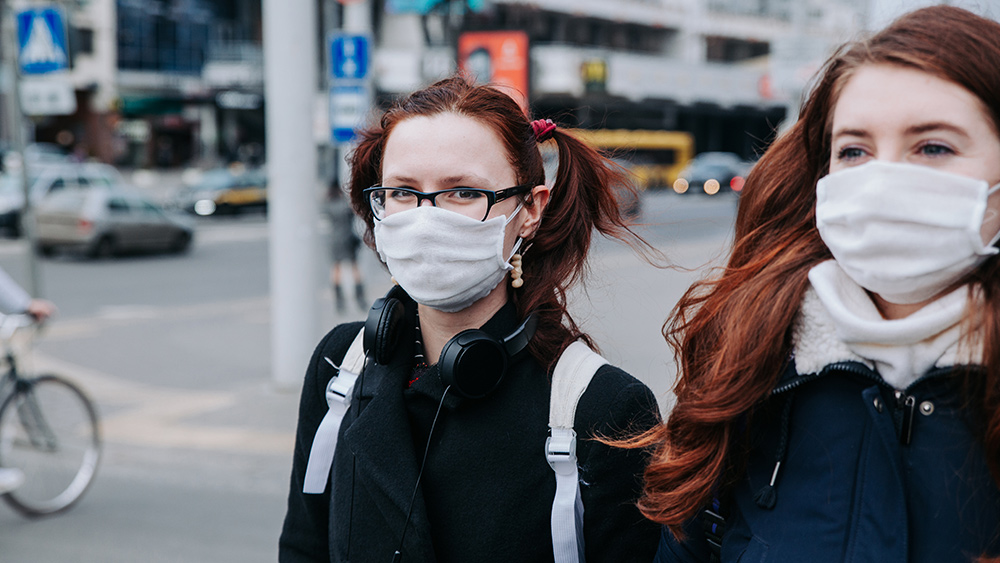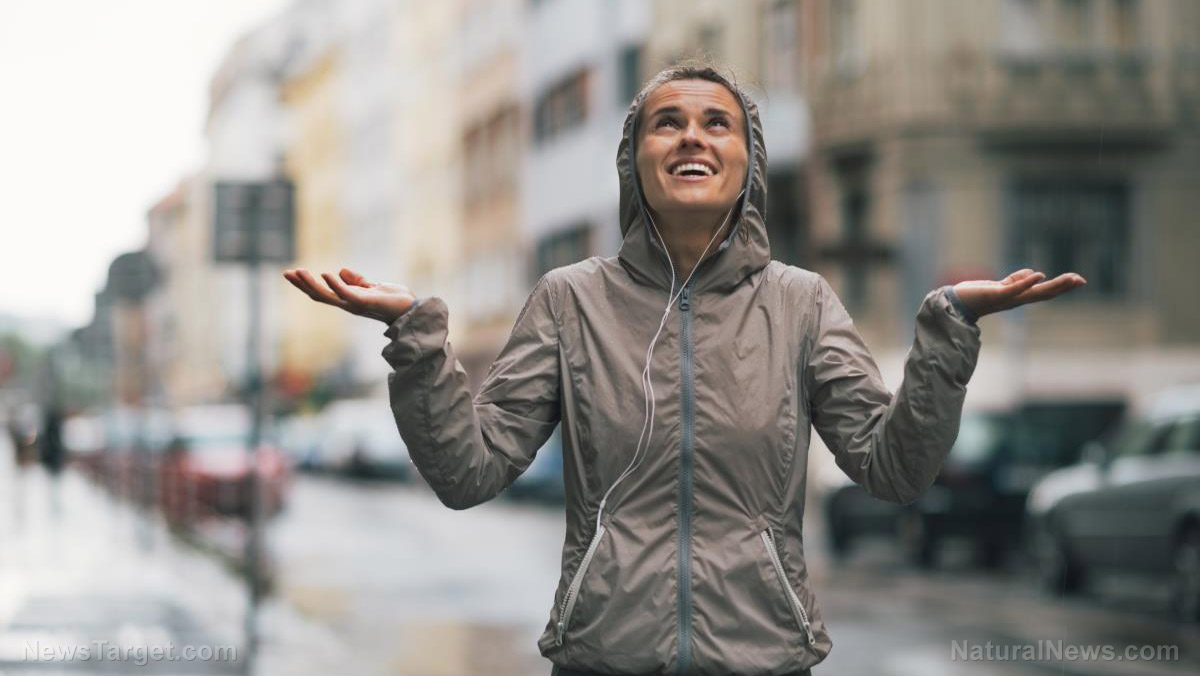Coronavirus is giving Americans sleepless nights
04/26/2020 / By Franz Walker

The ongoing coronavirus (COVID-19) pandemic has claimed another victim – the ability of Americans to get a good night’s sleep. A new survey by SleepStandards quizzed 1,014 Americans on their sleeping habits during the outbreak and found that 76.8 percent of respondents report having their sleep affected during this period.
Outbreak anxiety keeping people up at night
The survey included Americans between 18 to 65 years. Of the respondents, 56 percent were women and 43 percent were men.
When asked why the coronavirus outbreak was keeping them up at night, 48 percent blamed it on anxiety. Worry about the safety of loved ones was a distant second at 26 percent, followed by 23 percent who blamed their sleeplessness on loneliness and another 23 percent who said they had an inconsistent sleeping schedule.
Helping raise the anxiety figure may be the fact that 70 percent of respondents said they believed that lack of sleep made them more vulnerable to the coronavirus.
As for how people’s sleep patterns were changing, 58 percent stated that they were sleeping one hour less than before the coronavirus emerged. Only 22 percent reported that their average sleep duration hadn’t changed that much. Meanwhile, 19 percent stated that they’re sleeping more, though this could also do with the fact that people having more free time.
Coping with sleeplessness
The survey also asked respondents about what they did to cope with their sleeplessness. With the large percentage of respondents blaming anxiety for their inability to catch a wink, it shouldn’t come as a surprise then that an equally large number of respondents, 46 percent, have said that simply avoiding the news before going to bed has helped them sleep better.
A slightly smaller number, 40 percent, have stated that they’ve turned to reading before bed to help them sleep. Meanwhile, 27 percent have turned to sleep supplements, while 21 percent practice meditation or yoga and 16 percent have resorted to having sex to fall asleep.
Catching up on sleep isn’t a priority
Interestingly enough, while more people are reporting that they’re losing sleep due to the pandemic, catching up on sleep doesn’t seem to be a priority. The survey also asked respondents about what they would do if a nationwide quarantine came into effect and gave them more free time. In response to this question, only 11 percent of respondents said that they would use the extra free time to catch up on sleep.
Of the remaining 89 percent of respondents, 37 percent stated that they would use the free time to watch more Netflix, 32 percent said that they would exercise more and 20 percent said they would play more video games.
Anxiety is up, thanks to the coronavirus
The survey’s claim that anxiety is mostly to blame for Americans’ sleeplessness during the current pandemic is backed by reports of an increased number of prescriptions being filled for antianxiety medicine. According to pharmacy benefit management organization Express Scripts, prescription tranquilizers and sleep aids have seen a surge in demand in the United States. (Related: Natural ways to manage anxiety.)
“This analysis, showing that many Americans are turning to medications for relief, demonstrates the serious impact COVID-19 may be having on our nation’s mental health,” Express Scripts said.
From mid-February to mid-March, demand for prescription tranquilizers experienced its largest increase, growing by 34.1 percent. Meanwhile, prescriptions filled for antidepressants and sleep disorders also increased by 18.6 percent and 14.8 percent over the same period.
This surge in prescriptions contained a significant number of new prescriptions. For example, 78 percent of all antianxiety, antidepressant and anti-insomnia prescriptions filled during the week ending March 15 were new prescriptions.
More disturbingly, prior to the outbreak, the use of these drugs had actually been declining over the past from 2015 to 2019. With these numbers in mind, it may be safe to say that the coronavirus outbreak is doing a number on the nation’s mental health.
Sources include:
Tagged Under: America, Anxiety, coronavirus, covid-19, Flu, infections, insomnia, mental health, Netflix, outbreak, pandemic, sleep, sleep quality, superbugs, USA, virus



















